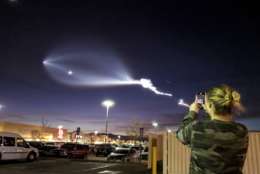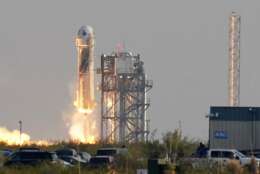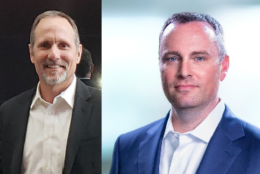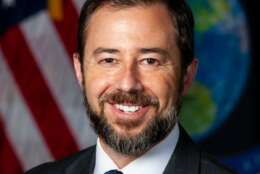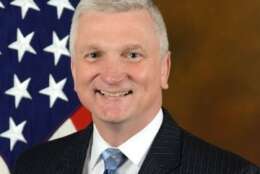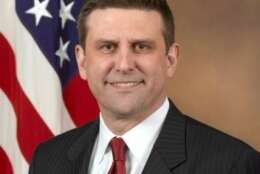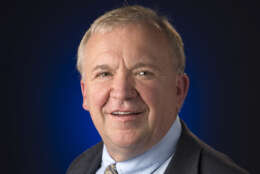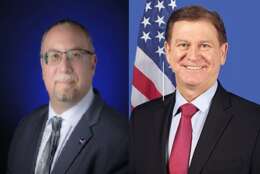The Space Hour
-
New technology though could soon make it easier to repair satellites without having to decommission, or sometimes even sending a human repairman.
August 16, 2021 -
In it's latest rendition of it's Hyperspace Challenge, this year the Air Force Research Laboratory is looking for technology that can provide the government and participating military agencies with secure, trustworthy autonomous and automated solutions for space.
August 16, 2021 -
After the two civilian space launches by billionaires Jeff Bezos and Richard Branson, the sky is literally the limit for the space tourism and other industries.
August 16, 2021 -
Data that needs to be processed can carry a heavy footprint. To learn how perhaps things could be a little more sustainable, I was able to speak with Steven Carlini, he's VP of innovation and data centers at Schneider electric.
July 19, 2021 -
The Space Force Association, along with management services vendor LMI, have teamed up to create the Space Center of Excellence.
July 19, 2021 -
To say the space industry is on the up and up is no longer a bold statement, but it helps when you have the data and research to back it up. One of those able to do so is Mehak Sarang, she's a research associate with the Harvard Business school.
July 19, 2021 -
The National Geospatial Intelligence Agency relies heavily on new space technologies to accomplish its mission. It can't do it all on its own though; as usual that's where the commercial side of things comes in.
June 21, 2021 -
When you think of space, you don't think of it as the frontline of cyber war, but that's not the case. Many important aspects of U.S. critical infrastructure are controlled from space, and could be vulnerable to cyber attacks from malicious hackers.
June 21, 2021 -
One of the biggest arenas for growth in the commercial space field is within the intelligence community.
June 21, 2021 -
The Space Hour spoke to former President and CEO of VOX Space Mandy Vaughn
May 17, 2021 -
The Space Hour spoke with Jim Reuter, NASA's Associate Administrator for the Space Technology Mission Directorate at NASA Headquarters.
May 17, 2021 -
The Space Hour spoke to Wayne Monteith, the FAA's Associate Administrator for commercial space transportation, and Mike Gold, who at the time was NASA's Associate Administrator for space policy and partnerships.
May 17, 2021

